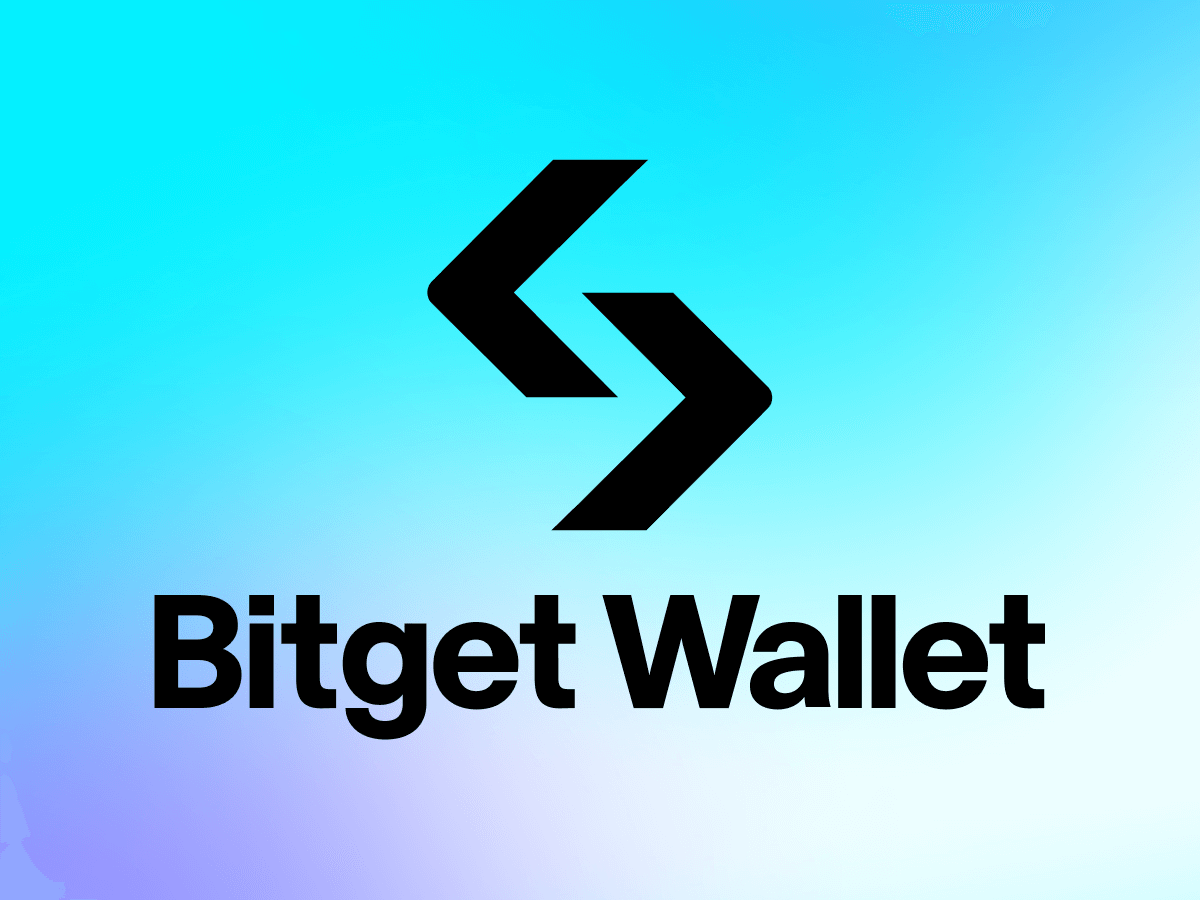Why Multi-Chain Wallets Are Changing the Crypto Game (And Why You Should Care)
Ever felt like juggling multiple crypto wallets was like spinning plates at a county fair? Yeah, me too. Seriously, managing assets across Ethereum, Binance Smart Chain, and a handful of other chains can get downright exhausting. Here’s the thing — the idea of having a single wallet that effortlessly handles multiple blockchains? It’s not just a pipe dream anymore.
At first, I thought multi-chain wallets were just a buzzword, some shiny tech gimmick. But after digging in and actually using one, my perspective shifted. They’re more than convenience; they’re becoming a necessity in DeFi’s wild west. For anyone dabbling in decentralized finance across various networks, having a wallet that integrates portfolio management and hardware wallet support is a game-changer.
Now, don’t get me wrong — security still freaks me out a bit. I mean, putting all your eggs in one basket sounds risky, right? But some wallets, like the bitget wallet, are tackling this head-on by blending cutting-edge encryption with user-friendly design. That combo is tough to beat.
Whoa! So, why exactly is multi-chain support such a big deal? Well, imagine you’re deep into DeFi. You’ve got assets spread across Polygon, Avalanche, Solana, and Ethereum. Switching between wallets for each chain? Total pain. A multi-chain wallet smooths out the rough edges—letting you manage everything from one place, no more tab chaos or wallet fatigue.
It’s not just about ease, though. Portfolio management features baked right in mean you can track your holdings, swaps, and yield farming ventures all under one dashboard. Initially, I thought, “Okay, sounds like a nice-to-have.” But then I realized how much time and mental energy this frees up — that’s invaluable.

Hardware Wallet Support: The Unsung Hero
Okay, so check this out — hardware wallets used to feel like clunky relics from the early crypto days. But now? They’re more essential than ever. Especially if you’re managing assets across several chains. The ability to connect your hardware wallet directly to your multi-chain app provides a fortress of security, while still letting you trade or stake without jumping through hoops.
I’m biased, but the combination of hardware wallet support with multi-chain functionality is what really sets some wallets apart. The bitget wallet does this pretty well, letting you seamlessly link your physical device and keep private keys offline — all while interacting with multiple blockchains.
My gut said this was complicated, but the user experience is surprisingly smooth. Sure, there’s a learning curve, and not every wallet nails this balance yet. On one hand, you want ironclad security. On the other, you want quick access to your funds for trading or yield farming. Though actually, wallets that integrate hardware support with multi-chain access seem to be nailing this sweet spot.
Something felt off about wallets that claim multi-chain support but don’t back it up with robust hardware integration. Superficial multi-chain wallets can feel like they’re spreading themselves thin, risking user security or complicating the interface. That’s why I keep coming back to solutions that focus on hardened security plus multi-chain convenience.
The Real Deal With Portfolio Management
Portfolio management isn’t just a fancy dashboard—it’s a survival tool. When you have assets scattered across five or six chains, keeping track of your net worth manually is a nightmare. I’ve tried spreadsheets, manual logging, even some third-party apps—but none felt quite right.
What bugs me about some portfolio trackers is that they don’t sync directly with your wallet, so you’re basically trusting a third party with your data or doing double work. A wallet that integrates portfolio tracking natively gives you real-time snapshots and lets you act on insights immediately, without hopping between apps.
And trading integration? That’s icing on the cake. Imagine spotting an arbitrage opportunity between chains and executing trades right from your wallet interface. No need to transfer assets back and forth first. Pretty slick, right?
Initially, I thought this was something only power users needed. Actually, wait—let me rephrase that. It’s not just power users; anyone serious about DeFi should want this level of cohesion. Otherwise, you’re missing out on efficiency and, frankly, potential gains.
Really? Yep. Because every minute you spend fumbling with multiple wallets, you’re risking delays, errors, and sometimes even losses. DeFi moves fast. Your tools need to keep up.
Is There a Catch?
Sure, nothing’s perfect. Multi-chain wallets with hardware support and portfolio management aren’t bulletproof. For example, not every blockchain is supported equally. Some chains have quirks or compatibility issues that can trip up even the best wallets.
Also, user interfaces can get messy when trying to support too many features. I’ve seen wallets that try to do everything and end up overwhelming users with clunky menus or unclear flows. That’s a big turnoff for newbies and even seasoned users alike.
But here’s the kicker — the space is evolving fast. Wallets like the bitget wallet are pushing the envelope, refining UX while expanding chain support and security. It’s almost like watching a tech race where the finish line keeps moving.
Hmm… I’m not 100% sure where this will land in five years. Will multi-chain wallets become the norm? Probably. Will hardware wallets stay relevant as blockchains evolve? That’s less clear. Still, betting on tools that prioritize security and seamless cross-chain functionality seems smart.
And by the way, if you haven’t tried a multi-chain wallet with integrated portfolio and hardware support, you might be missing out on a smoother, safer crypto journey. It’s like upgrading from a beat-up pickup to a Tesla—different league.
Frequently Asked Questions
What exactly is a multi-chain wallet?
A multi-chain wallet lets you store and manage crypto assets across different blockchains within a single app, eliminating the need for multiple wallets.
Why is hardware wallet support important?
Hardware wallets keep your private keys offline, providing enhanced security against hacks, even when connected to online applications.
Can I trade directly from a multi-chain wallet?
Many advanced multi-chain wallets integrate trading features, letting you swap assets across supported blockchains without leaving the wallet interface.
Is the bitget wallet safe for managing multiple chains?
From my experience, the bitget wallet balances security and usability well, especially with its hardware wallet compatibility and portfolio tools.
